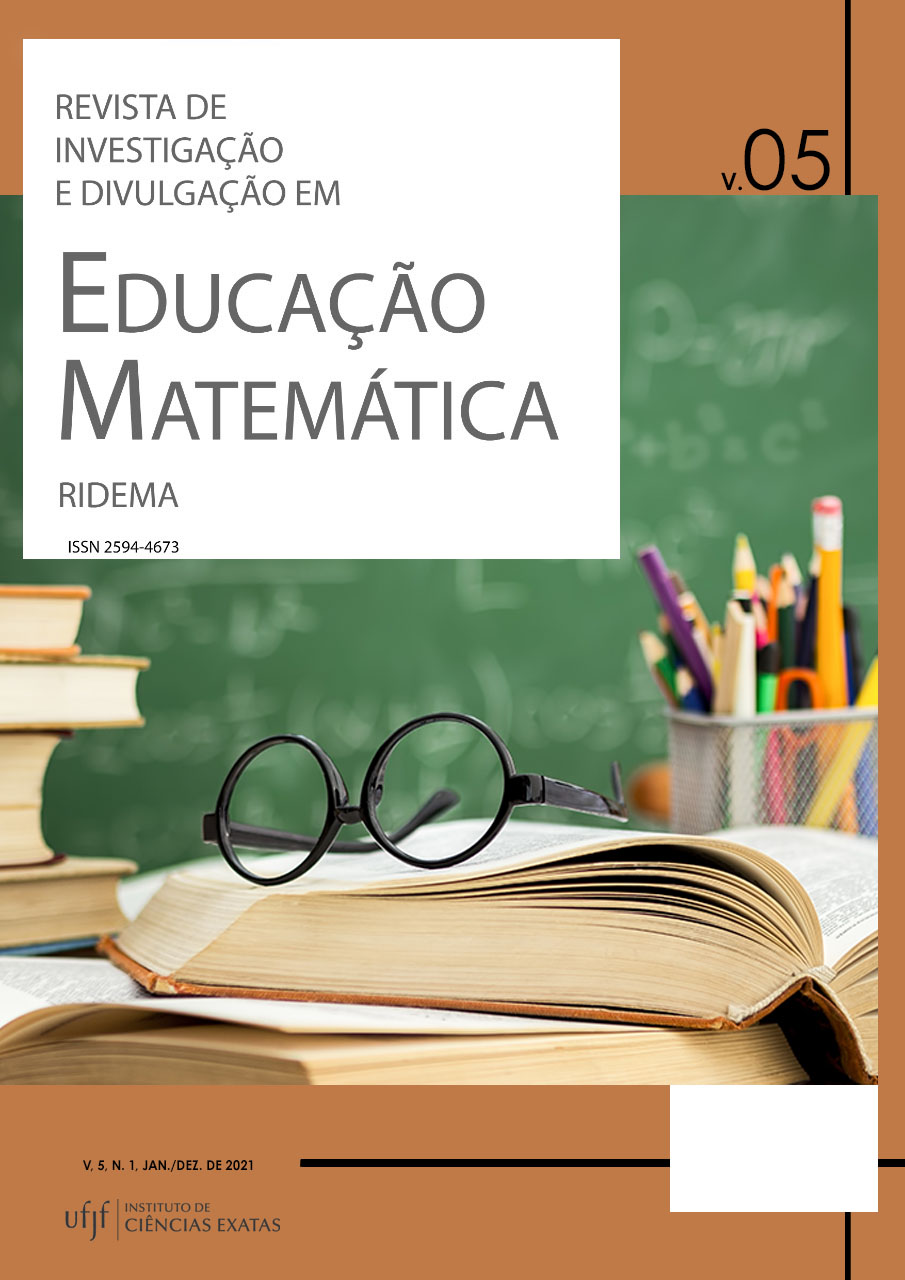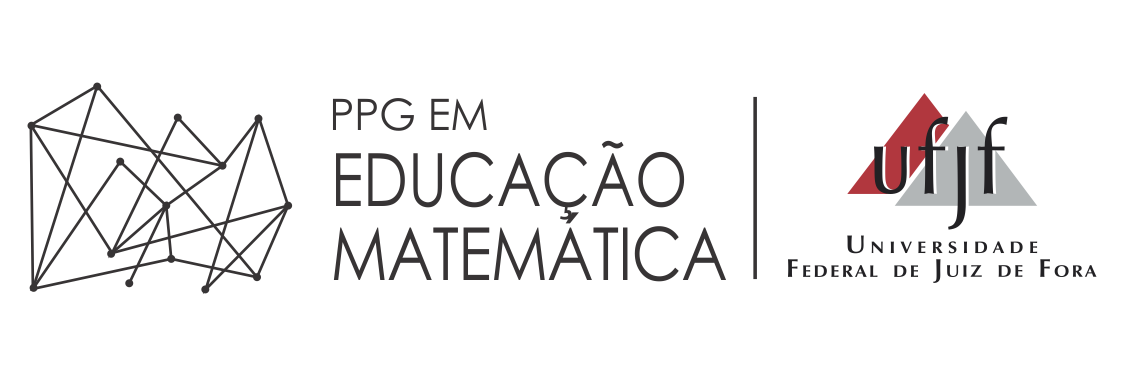Razonamiento lógico y materiales estructurados. Una experiencia con futuras maestras de educación infantil
DOI:
https://doi.org/10.34019/2594-4673.2021.v5.35186Palabras clave:
Formación de docentes; Diseño de actividades; Materiales; Razonamiento; Educación Infantil.Resumen
Este artículo presenta una experiencia de formación realizada con un grupo de futuras maestras de educación infantil sobre razonamiento lógico en edades tempranas. Se describen de manera general los momentos clave del proceso seguido y se muestra de manera más amplia el desarrollo de una tarea profesional centrada en el diseño de materiales estructurados y actividades para niños de 3-6 años. Se constata que las futuras maestras reconocen la importancia de planificar y diseñar actividades con materiales estructurados para promover el razonamiento lógico en los niños. Asimismo, se identifica la dificultad que tienen en explorar cualidades más allá de la forma, el color y el tamaño. Y, que mayoritariamente proponen actividades enfocadas a identificar y relacionar y muy pocas en operar.
Descargas
Métricas
Citas
ALSINA, Àngel. Com desenvolupar el pensament matemàtic. Vic: Eumo, 2011.
ALSINA, À. Del razonamiento lógico-matemático al álgebra temprana en Educación Infantil. Edma 0-6: Educación Matemática en la Infancia, v. 8, n.1, 2019. Disponible en: https://www.edma0-6.es/index.php/edma0-6/article/view/70. Acceso el: 02 ago. 2021.
CALLIS, J.; ALSINA, À. El pensament lògic i el joc. En: IV Jornades de Didàctica de la Matemàtica. Disponible en: http://www.xtec.cat/~smargeli/perimetre/4jornad/infpri/9logic.pdf. Acceso el: 02 ago. 2021.
CANALS, Maria Antònia. Per una didàctica de la matemàtica a l’escola. Parvulari. Vic: EUMO, 1989.
CANALS, Maria Antònia. Lógica a todas las edades. Barcelona: Associació de Mestres Rosa Sensat, 2009.
CARPENTER, Thomas; FRANKE, Megan Loef; LEVI, Linda. Thinking mathematically. Portsmouth, NH: Heinemann, 2003.
CLEMENTS, Douglas; SARAMA, Julie. Learning and teaching early math: The learning trajectories approach. New York: Routledge, 2009.
DIENES, Zoltan. Las seis etapas del aprendizaje de las matemáticas. Editorial Teide, Barcelona, 1974.
FERRÁNDIZ, C.; BERMEJO, R.; SAINZ, M.; FERRANDO, M.; PRIETO, M. D. Estudio del razonamiento lógico-matemático desde el modelo de las inteligencias múltiples. Anales de Psicología/Annals of Psychology, v. 24, n. 2, 2008. Disponible en: https://revistas.um.es/analesps/article/view/42731. Acceso el: 02 ago. 2021
GIDIMAT-UA. Aprendiendo a ser maestro: Algunas perspectivas desde la Educación Matemática. Edma 0-6: Educación Matemática en la infancia, v.10, v.1, 2021. Disponible en: https://www.edma0-6.es/index.php/edma0-6/article/view/164. Acceso el: 02 ago. 2021.
GIMÉNEZ, J.; VANEGAS, Y. Reflexiones en torno a una experiencia de formación con futuras maestras de educación infantil. Edma 0-6: Educación Matemática en la infancia, v.10, n.1, 2021. Disponible en: https://www.edma0-6.es/index.php/edma0-6/article/view/165. Acceso el: 02 ago. 2021
KAPUT, J. Teaching and learning a new algebra with understanding. Dartmouth, MA: National Center for Improving Student Learning and Achievement in Mathematics and Science, 1998.
KAPUT, J. Transforming algebra from an engine of inequity to an engine of mathematical power by “algebrafying” the K-12 curriculum. Dartmouth, Massachusetts: National Center for Improving Student Learning and Achievement in Mathematics and Science, 2000.
KAPUT, James; CARRAHER, David; BLANTON, Maria. Algebra in the Early Grades. Taylor & Francis Group, 2009.
LAHORA, María Cristina. Actividades matemáticas con niños de 0 a 6 años. Madrid: Narcea, 2004.
MONTAGUE-SMITH, Ann.; PRICE, Alison. Mathematics in Early Years Education. USA: Routledge, 2012.
NATIONAL COUNCIL OF TEACHERS OF MATHEMATICS - NCTM. Curriculum Focal Points for Prekindergarten through Grade 8 Mathematics: a quest for coherence. Reston, V.A.: National Council of Teachers of Mathematics, 2006.
OTTEN, M.; VAN DEN HEUVEL-PANHUIZEN, M.; VELDHUIS, M.; HEINZE, A. Developing algebraic reasoning in primary school using a hanging mobile as a learning supportive tool/El desarrollo del razonamiento algebraico en educación primaria utilizando una balanza como herramienta de apoyo. Infancia y Aprendizaje, v. 42, n. 3, 2019. https://doi.org/10.1080/02103702.2019.1612137
PINCHEIRA, N. G.; ALSINA, À. Hacia una caracterización del álgebra temprana a partir del análisis de los currículos contemporáneos de Educación Infantil y Primaria. Educación Matemática, v. 33, n. 1, 2021. https://doi.org/10.24844/EM3301.06
RUESGA, P.; GIMÉNEZ, J.; OROZCO, M. Las tablas de doble entrada en educación infantil: procedimientos y argumentos de los niños. Educación Matemática, v.17, n.1, 2005. Disponible en: https://www.redalyc.org/pdf/405/40517106.pdf. Acceso el: 02 ago. 2021
RUESGA, P.; GIMÉNEZ, J.; OROZCO, M. Diagramas de relaciones lógicas en tareas de transformación para preescolares. Enseñanza de las Ciencias, v.23, n.3, 2005b. https://doi.org/10.5565/rev/ensciencias.3831
SUÑÉ, M. Importancia de la competencia lógico-matemática en los estudiantes del Grado en Educación Infantil. Números, v. 103, 2019. Disponible en: http://www.sinewton.org/numeros/numeros/103/Articulos_04.pdf. Acceso el: 02 ago. 2021.



























